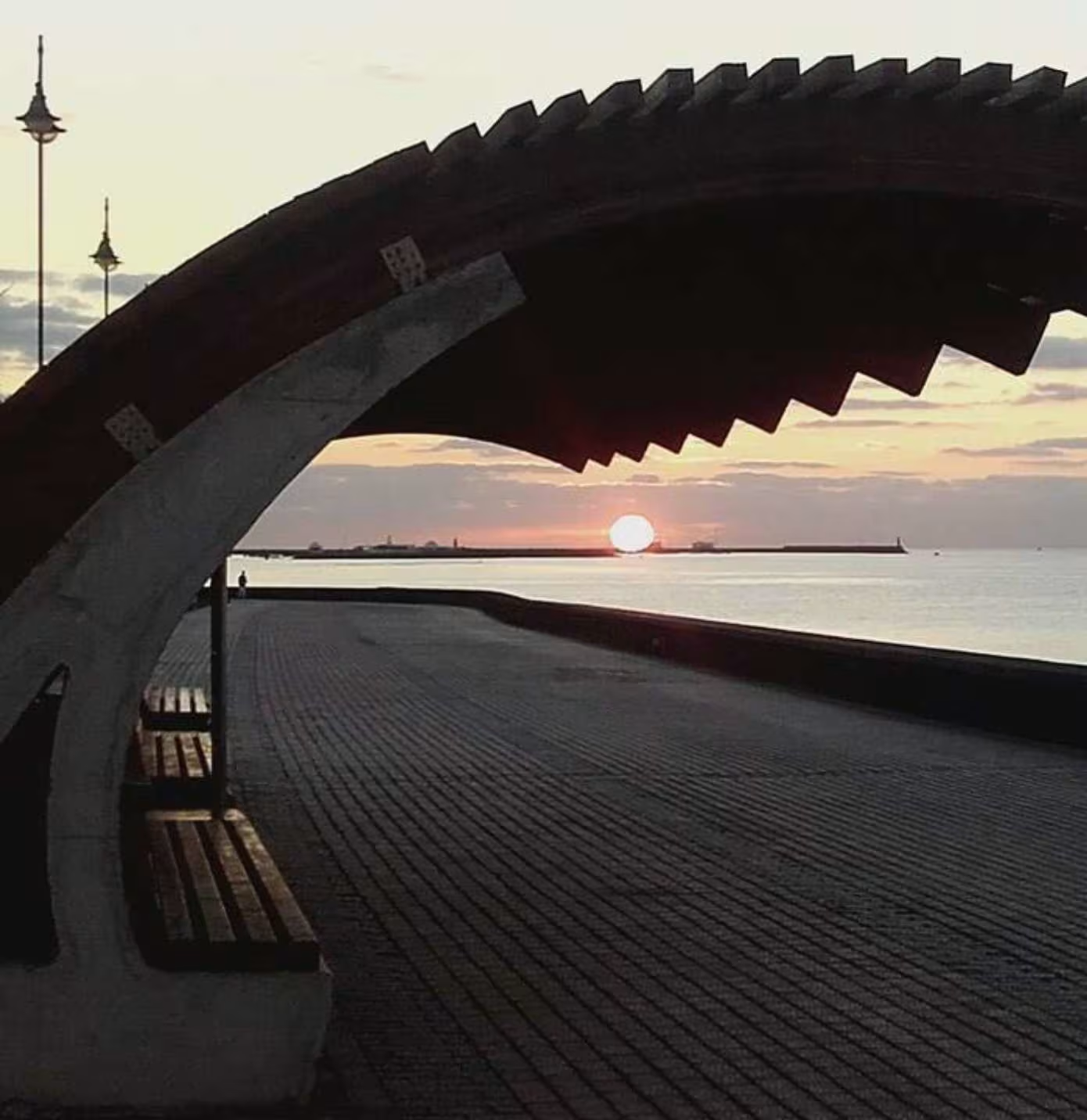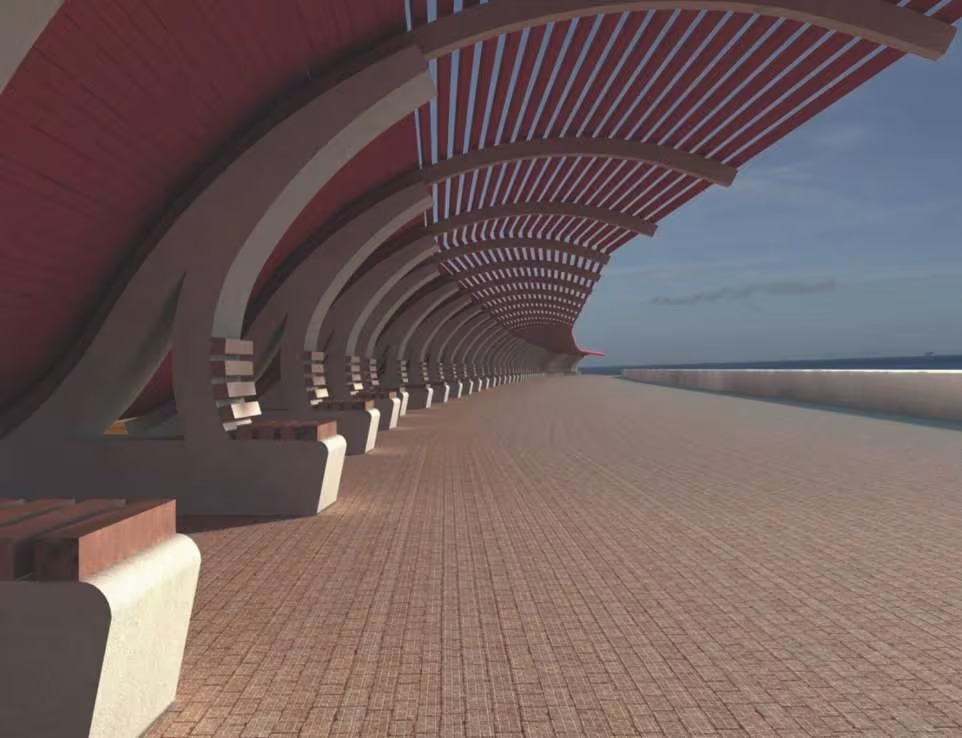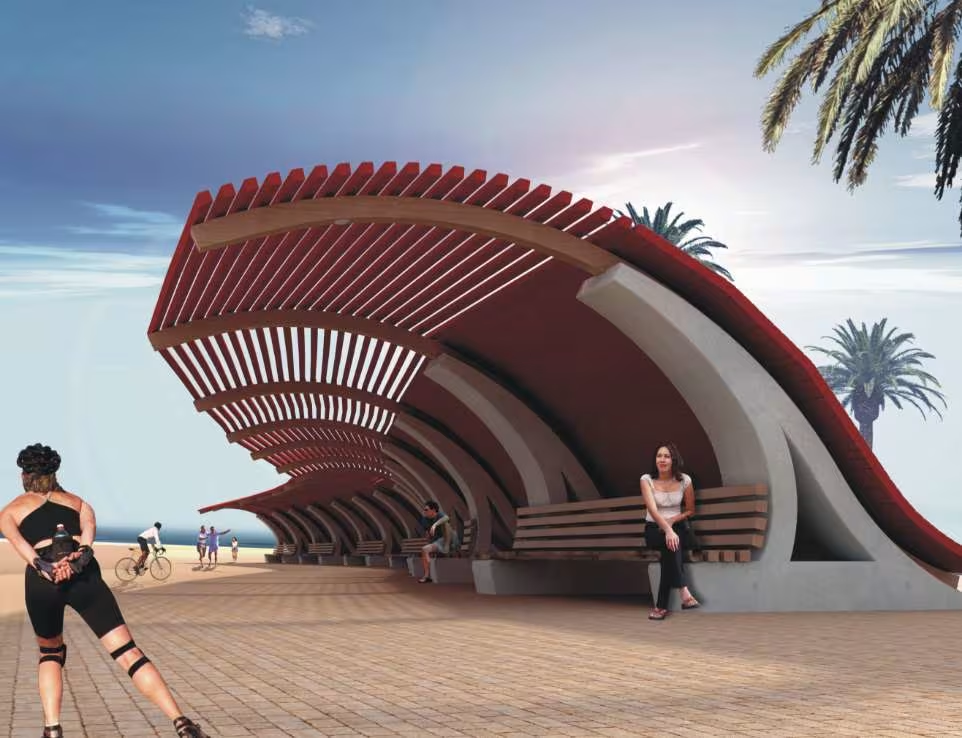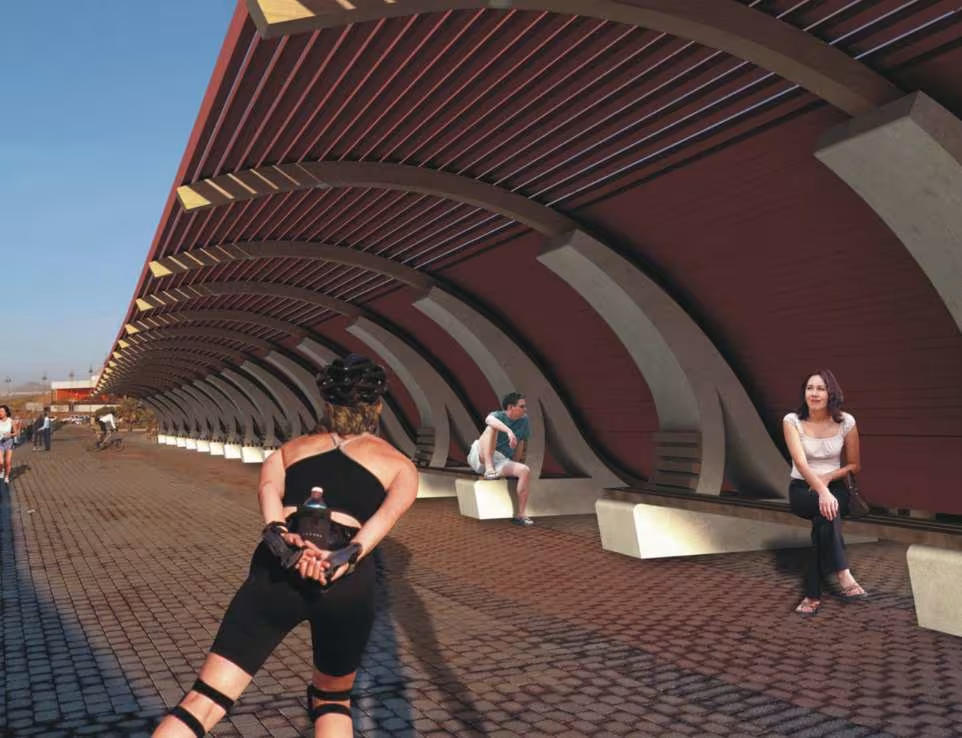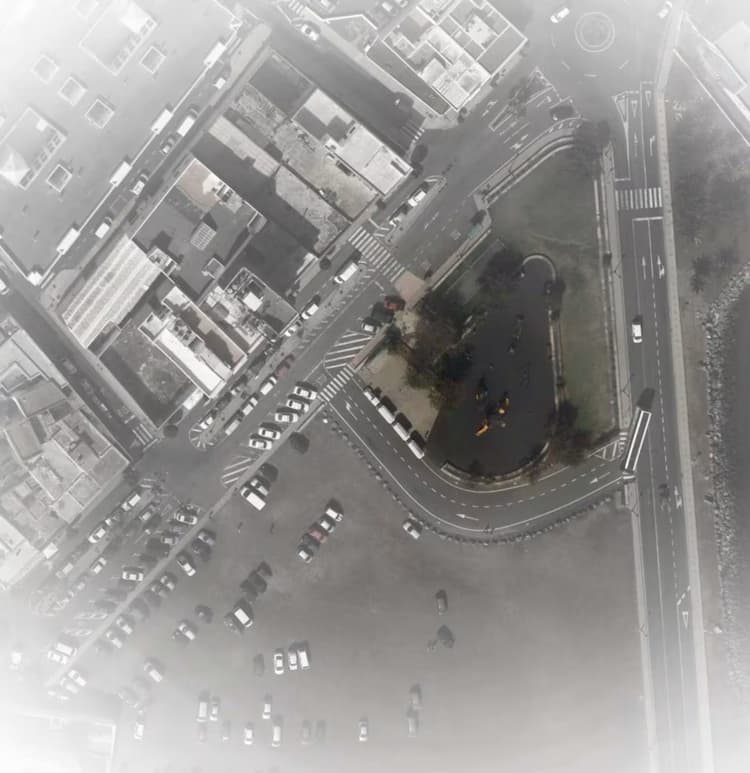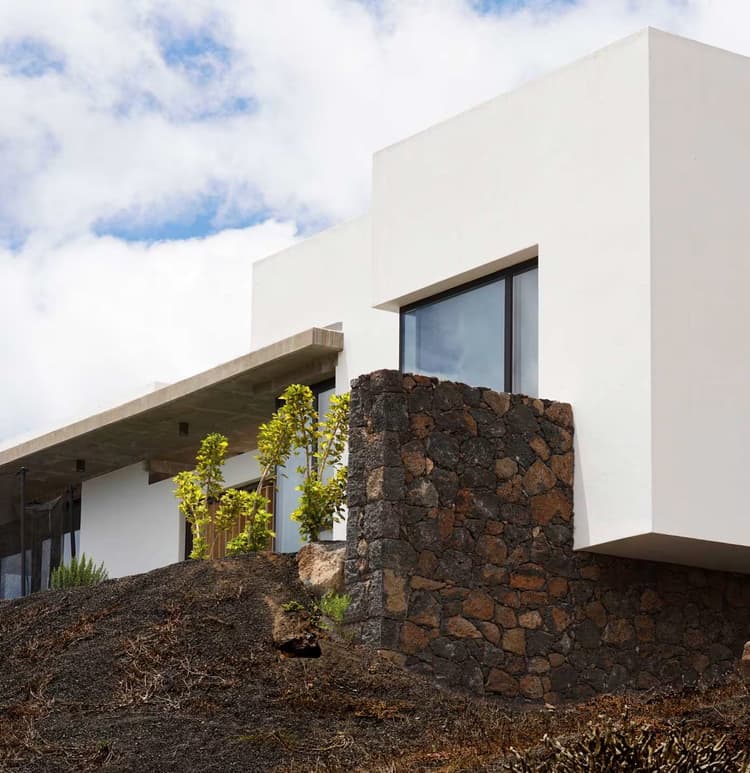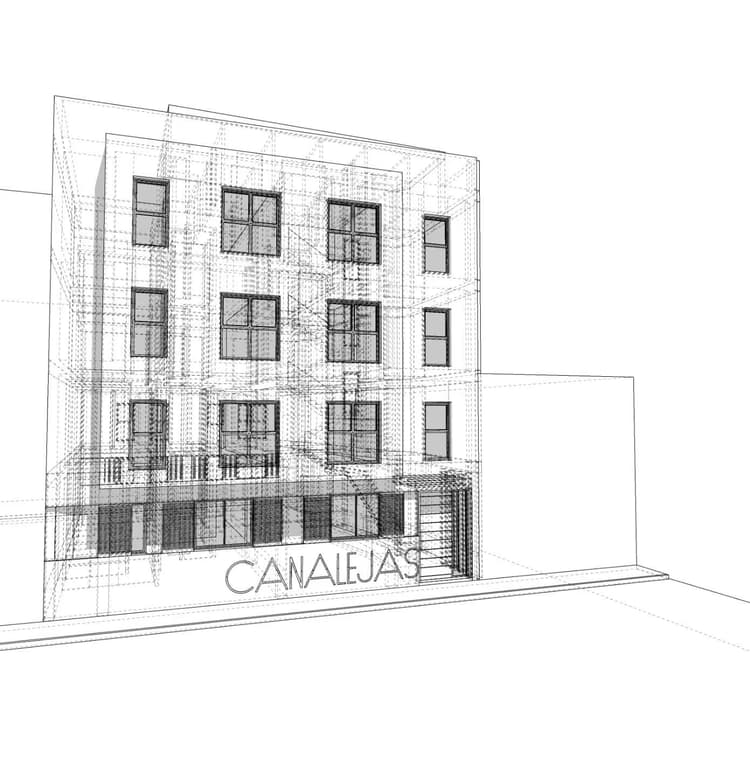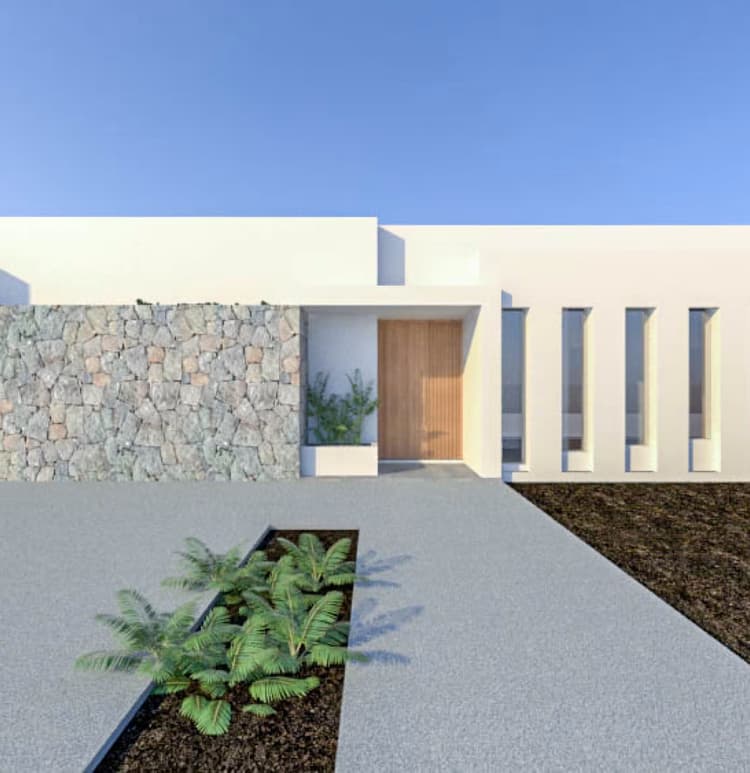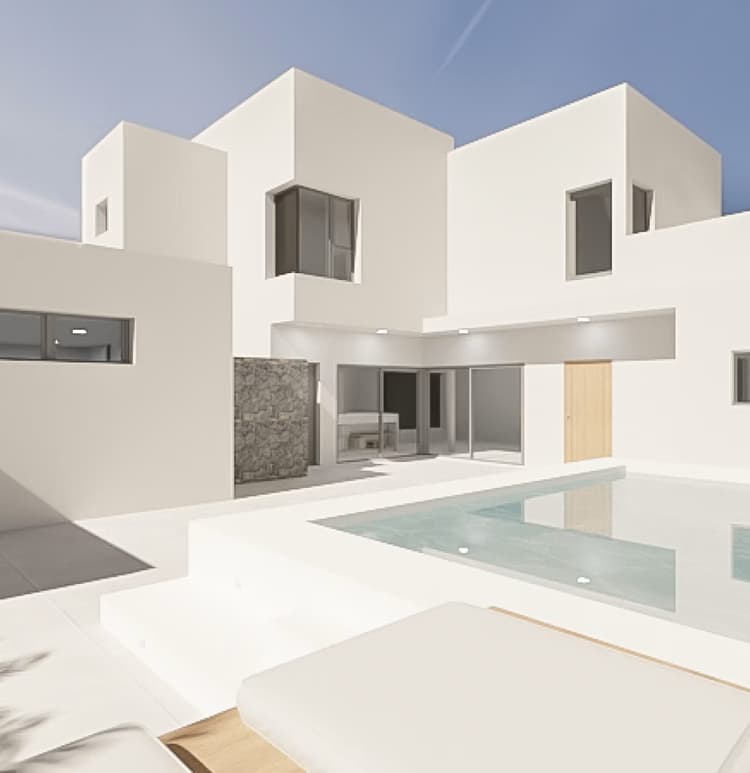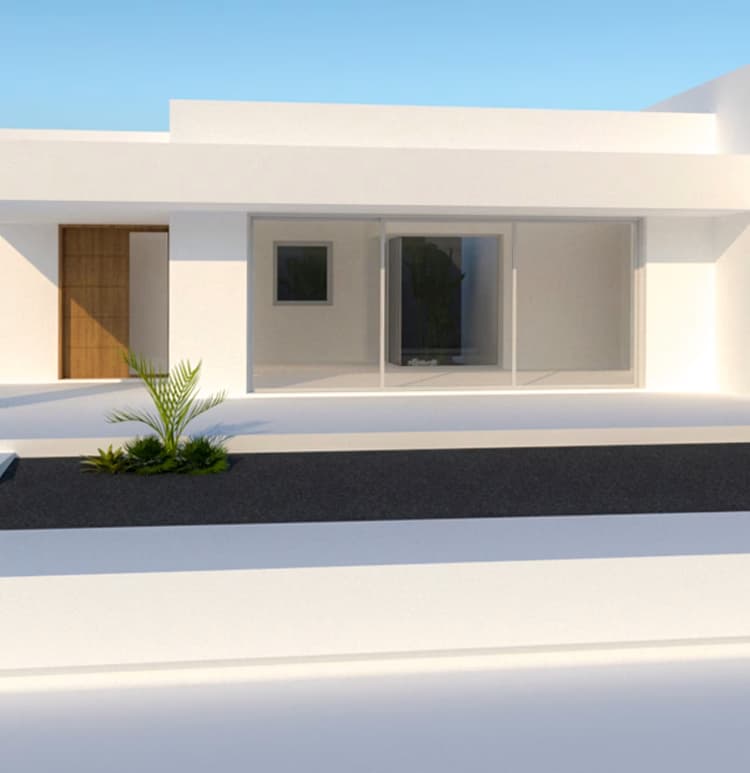
Urban Furniture Olameda, Arrecife
Year:
2006
Client:
Tourism Promotion
INFORMATION
Arrecife has the fortune of being by the sea. With a coastline that is a place of work and leisure, historically very related to its inhabitants, sailors and merchants of the Port of Arrecife.
As happens with many coastal cities, traditionally urban planning policy has considered that the coast is the only large system of free spaces that the city needs, saving those that would correspond to it to create according to standards. If we add to this that coasts and ports are not municipal and acting on them is very cumbersome, we have as a result that the city's large free space does not develop.
Meanwhile, abandoned by Coasts and the City Council, the Port Authority is in charge of gradually consuming the bay, with landfills and uses of very questionable location, with the main objective of maximum profitability.
When talking about public space, it is always stated that a global solution is needed for a global problem. This last issue that no one can dispute, but which at the same time serves as an excuse not to act, given the complexity of the problem and the cost of solutions. That's why we believe it's a great idea "Species of Spaces", with its punctual and feasible proposals, which do not affect the global solution and which solve multiple local problems.
Problems that need an immediate solution to improve the quality of life in the public space of a city like Arrecife, without having to wait for posterity, this lady is quite inaccessible.
The Arrecife of our childhood with its material and cultural miseries, had three leisure spaces worthy of rescuing: the rooftop, the street and the sea.
The rooftop, where each one had their private free space, clothes were dried, fish was aired, pigeons were cared for, games were played and siestas were taken. Today, only recoverable in some single-family housing typologies.
The street, where we sat on the chaplones. Where the children shouted playing ball, only interrupted by the arrival of some car that was heard from afar. The street was not just for passing through, it was also for staying. The street could be retaken, not just the pedestrian ones. Small squares could be created, even flower beds, at street intersections, in the gaps where the car doesn't reach. Putting a bench and a tree for shade. Even if there were only twenty, twenty small squares to meet, twenty shadows to play.
The sea, we went every day, we swam any day of the year, there were no seasons, no matter how much our mothers tried to tell us it was winter. There were only days when, mysteriously, the water was colder. We played in the coastal boats stranded on the castle beaches, they protected us from the sun and wind. The boats were ordered to be burned by the naval commander, Don Anatolio. I suppose he did it because they didn't fit with the idea of the new Arrecife.
Olameda, our punctual proposal on the promenade, is a wave, it's an upside-down boat, rescued from time and Don Anatolio's fire. Where we will sit, protected from the wind and sun, to wait for the work of the great marina of Arrecife.
